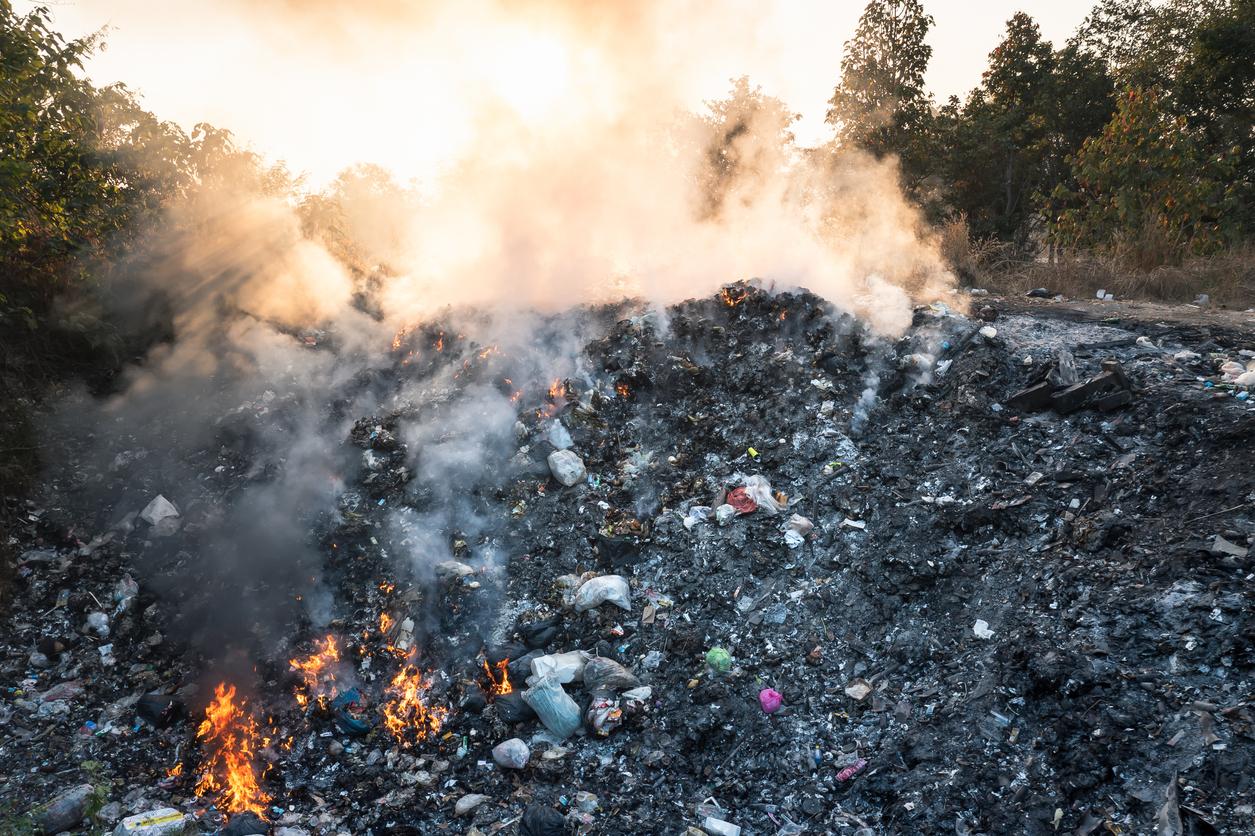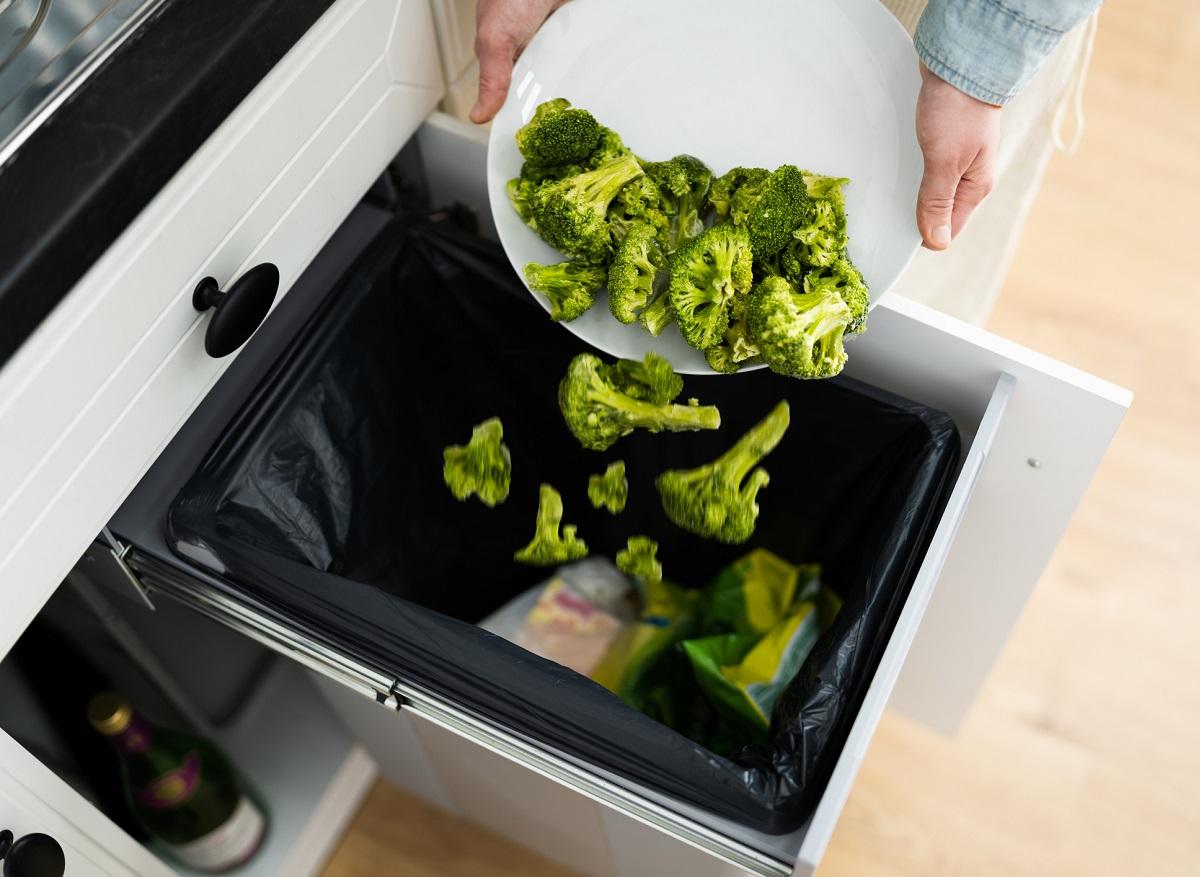
We throw in the click for 300 euros every year
Three things help to prevent food waste. Smart purchase of food and drink (not too much), sensible storage of food (not too long), but also handy cooking. This protects the environment and saves you money.
An average of 300 euros per household (135 euros per person), which is the annual cost of food waste. So wasted money. With a bit of shrewdness buy and cook you don’t have to throw away food as often and thus save money. You probably know that you have been very overconfident with the rice. On the gamble you threw something in the pan, but after cooking and serving you are left with a huge amount of rice.
clever tricks
You can prevent these kinds of things with a little cleverness. You can measure rice, for example, with a cup, there are sizes for spaghetti (a device with holes, with which you can determine exactly a quantity) and you can weigh potatoes. You can use the following as standard quantities. For the sake of convenience, we will again take rice, pasta and potatoes as an example. Children usually eat a little less.
• Rice. For rice, count about 100 grams of uncooked rice per person. A coffee cup is a good size per person. Then add 1.5 cup of water per cup of rice. The rice absorbs the water during cooking.
• Pasta. 85 grams per person is sufficient for pasta. Pasta also absorbs water during cooking. Boil the pasta in plenty of water: at least 1 liter.
• potatoes. One kilo of potatoes is enough for 4 people. Count 4 to 5 potatoes per person. Cook with little water: a layer of a few centimeters in the pan is enough.
leftovers
If, despite all the precautions, you still have food left over, you don’t have to throw it away. You can do a lot with leftovers (or: leftovers). You can eat them the next day, but you can also use them in a new dish. It is useful to keep a stock of long-lasting basic products, which you can use when you start cooking with leftovers.
Storage tips
Be careful if you will keep leftoversAfter all, you don’t want to get sick from the leftovers. Here are some storage tips for leftovers from the meal:
• Allow leftovers to cool before putting them in the fridge or freezer. If you put them in the fridge too quickly, the temperature in the fridge will be too high and the other products in the fridge will spoil faster. If you put them in the freezer too quickly, you will experience ice forming around the product.
• Leftovers cool down faster if you briefly place the container or pan in a layer of cold water. But don’t leave the leftovers out of the refrigerator for more than 2 hours.
• Keep leftovers tightly closed in the refrigerator, this is how you give bacteria no chance. For example, use a container with a lid or cling film.
• Leftovers can usually be kept in the fridge for 2 days and in the freezer for 3 months.
• As a reminder, put the date on the leftover tray before putting it in the freezer.















